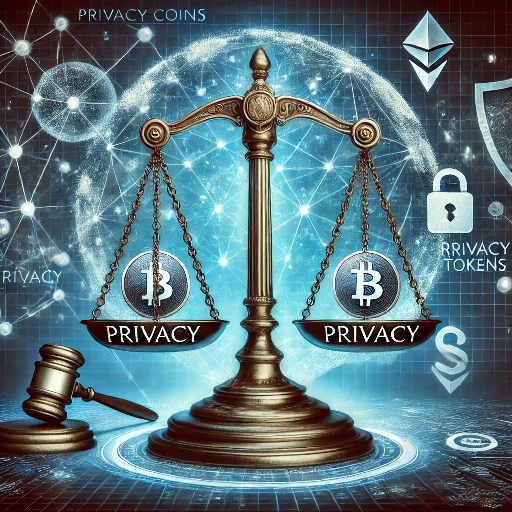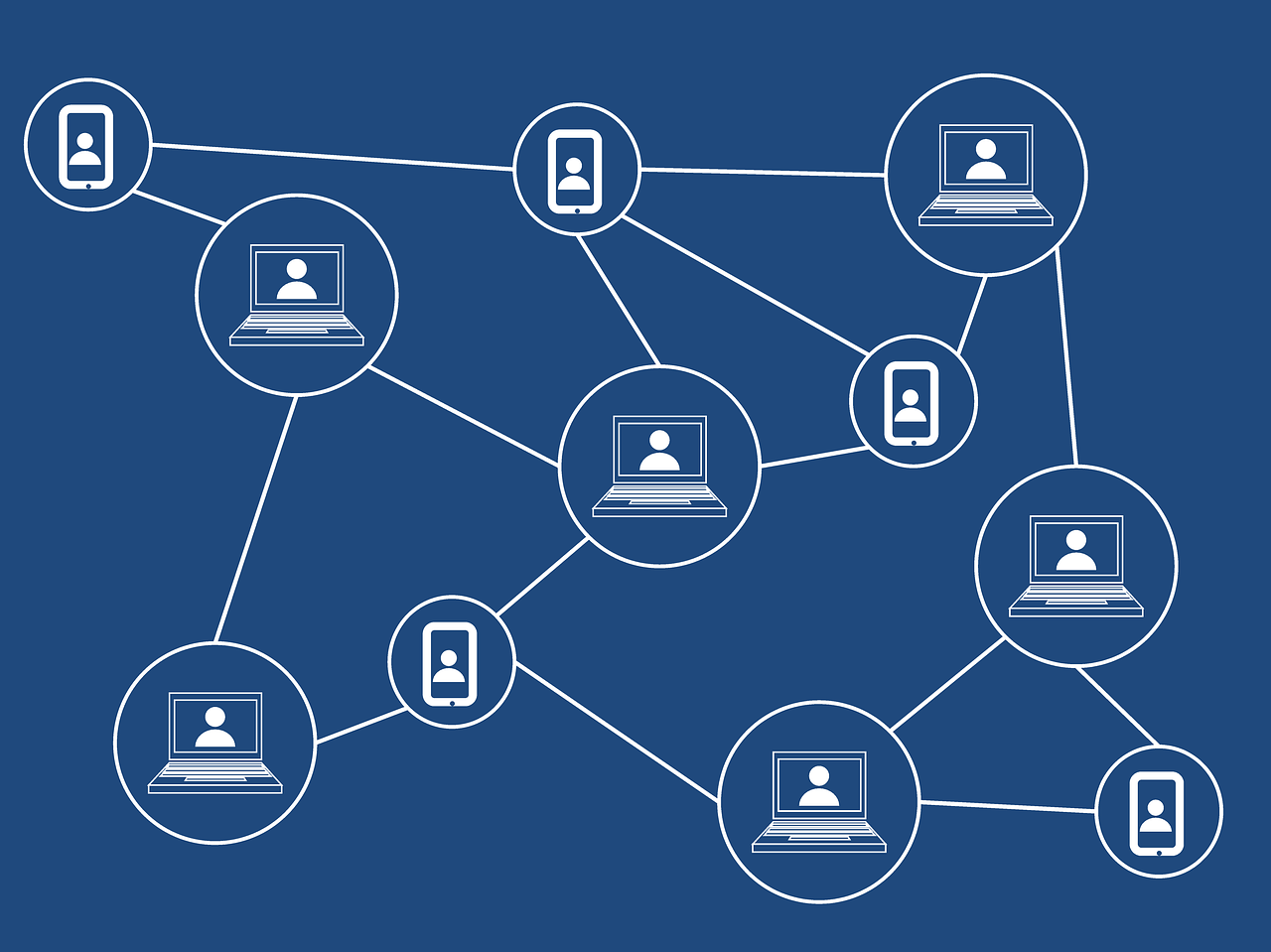In the growing digital economy, the debate around Privacy Coins vs. Privacy Tokens has gained significant traction. These two mechanisms offer privacy-focused features, but they differ fundamentally in their structure, use cases, and regulatory implications. This article explores these differences, their benefits, challenges, and how they fit into an increasingly regulated financial ecosystem.
Understanding Privacy Coins
Privacy coins are cryptocurrencies specifically designed to enhance anonymity and ensure transaction confidentiality. They operate on their own blockchains and incorporate advanced cryptographic techniques to obscure sender, receiver, and transaction amounts. Popular examples include Monero (XMR), Zcash (ZEC), and Dash (DASH).
How Privacy Coins Work
Privacy coins achieve anonymity through advanced privacy protocols such as:
- Ring Signatures: Used by Monero, this technique blends a user’s transaction with others, making it difficult to identify the original sender.
- Zero-Knowledge Proofs: Zcash employs zk-SNARKs to validate transactions without revealing sensitive details.
- CoinJoin: Dash uses this technique to mix multiple transactions, obfuscating their origin and destination.
These technologies make privacy coins a preferred choice for individuals prioritizing financial confidentiality.
Benefits of Privacy Coins
- Enhanced Anonymity: Users can transact without worrying about exposing their identities.
- Decentralized Privacy: Privacy coins function on decentralized networks, reducing the risk of centralized control.
- Untraceable Transactions: They obscure transaction details, safeguarding financial data from prying eyes.
Challenges of Privacy Coins
- Regulatory Scrutiny: Governments view privacy coins with suspicion due to their potential misuse in illicit activities.
- Restricted Access: Exchanges often delist privacy coins to comply with anti-money laundering (AML) regulations.
- Scalability Issues: The computational intensity of privacy protocols can limit transaction speeds.
Exploring Privacy Tokens
Unlike privacy coins, privacy tokens are built on existing blockchain platforms, such as Ethereum or Binance Smart Chain. They inherit the privacy features of the underlying platform and often offer additional layers of anonymity through specialized smart contracts.
Key Characteristics of Privacy Tokens
- Platform Dependence: Privacy tokens operate as ERC-20 tokens (Ethereum) or equivalents, relying on the host blockchain for functionality.
- Customizability: Developers can integrate specific privacy features to suit various use cases.
- Interoperability: These tokens can be transferred across multiple platforms, enhancing usability.
Examples of privacy tokens include Tornado Cash (a token-based mixer for Ethereum transactions) and Railgun (which enhances privacy on Ethereum and Binance Smart Chain).
Benefits of Privacy Tokens
- Flexible Privacy: Users can opt into privacy features when needed.
- Broader Access: Privacy tokens are generally more accessible on exchanges due to their integration with mainstream blockchains.
- Smart Contract Integration: They enable sophisticated use cases, such as private DeFi transactions.
Challenges of Privacy Tokens
- Dependency on Host Blockchain: Privacy is limited by the underlying platform’s capabilities.
- Complexity: Smart contract-driven privacy features can be challenging for average users to navigate.
- Regulatory Risks: Privacy tokens still face scrutiny, especially if used for money laundering or tax evasion.
Privacy Coins vs. Privacy Tokens: A Comparative Analysis
| Feature | Privacy Coins | Privacy Tokens |
|---|---|---|
| Anonymity | High (inherent to blockchain) | Moderate (depends on implementation) |
| Blockchain Type | Native blockchain | Hosted on existing blockchains |
| Ease of Use | User-friendly | Can be difficult for non-technical users |
| Regulatory Impact | High scrutiny | Medium scrutiny |
| Accessibility | Limited due to exchange restrictions | More accessible on major exchanges |
Regulatory Landscape of Privacy Coins vs. Privacy Tokens
Governments worldwide are grappling with the implications of privacy-centric cryptocurrencies. The debate between Privacy Coins vs. Privacy Tokens is central to this regulatory discourse. While privacy is a fundamental right, concerns over criminal misuse, tax evasion, and money laundering have spurred stringent measures.
Regulatory Actions of Privacy Coins vs. Privacy Tokens
- Bans and Restrictions: Countries like Japan and South Korea have restricted or outright banned privacy coins.
- Exchange Delistings: Leading exchanges, including Coinbase and Binance, have delisted privacy coins in certain jurisdictions.
- Regulatory Compliance: Projects like Zcash offer “selective disclosure” features to balance privacy and compliance.
Use Cases in a Regulated World of the Privacy Coins vs. Privacy Tokens
Despite regulatory challenges, both privacy coins and privacy tokens play vital roles in ensuring financial privacy:
Privacy Coins
- Personal Finance: Individuals in oppressive regimes use privacy coins to protect their financial data.
- B2B Transactions: Businesses rely on them to safeguard sensitive information during transactions.
Privacy Tokens
- Private DeFi: Platforms like Tornado Cash allow users to make anonymous decentralized finance transactions.
- Cross-Platform Applications: Privacy tokens facilitate private transactions across multiple blockchain networks.
Future Trends
The future of Privacy Coins vs. Privacy Tokens will likely hinge on striking a balance between privacy and compliance:
- Enhanced Privacy Protocols: Emerging technologies may offer stronger privacy features with lower computational demands.
- Regulatory Collaboration: Projects might work with regulators to ensure compliance without compromising user anonymity.
- Integration with Traditional Finance: Privacy-focused cryptocurrencies could bridge the gap between decentralized and traditional finance, fostering wider adoption.
Conclusion of Privacy Coins vs. Privacy Tokens
The debate around Privacy Coins vs. Privacy Tokens underscores the importance of privacy in the digital age. While both offer unique advantages, their roles in a regulated world require careful consideration. Privacy coins excel in inherent anonymity but face significant regulatory hurdles. Conversely, privacy tokens provide flexible privacy options with greater accessibility but depend on the underlying blockchain’s capabilities.
Ultimately, the choice between privacy coins and privacy tokens will depend on individual priorities, use cases, and tolerance for regulatory risk. As privacy technologies evolve, they promise to play a crucial role in shaping the future of digital finance.


















